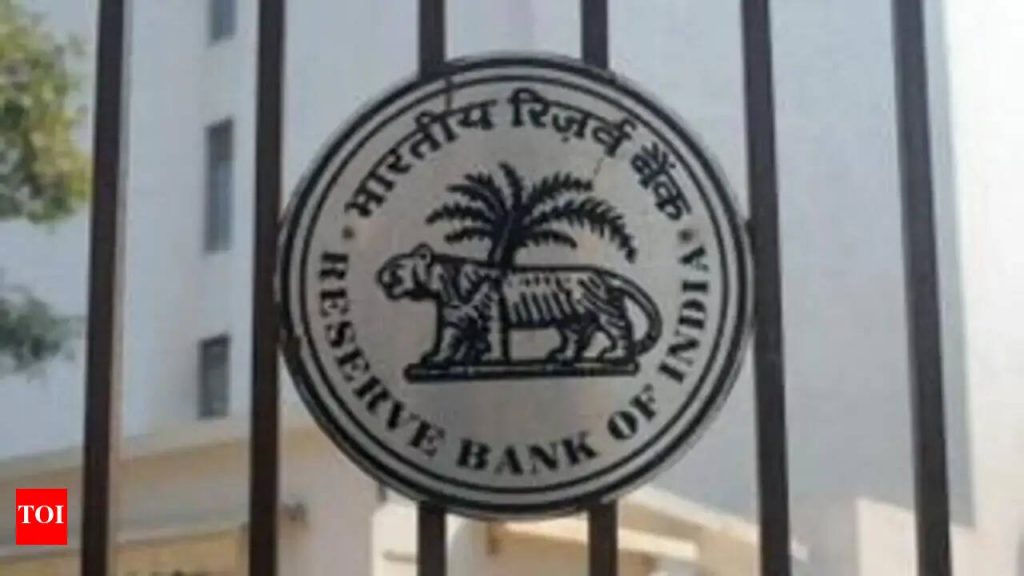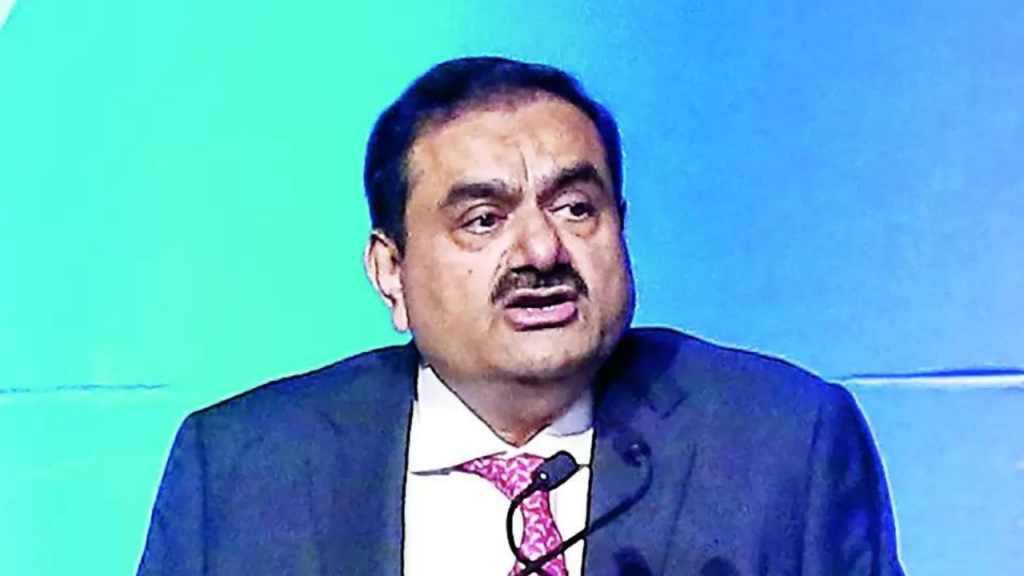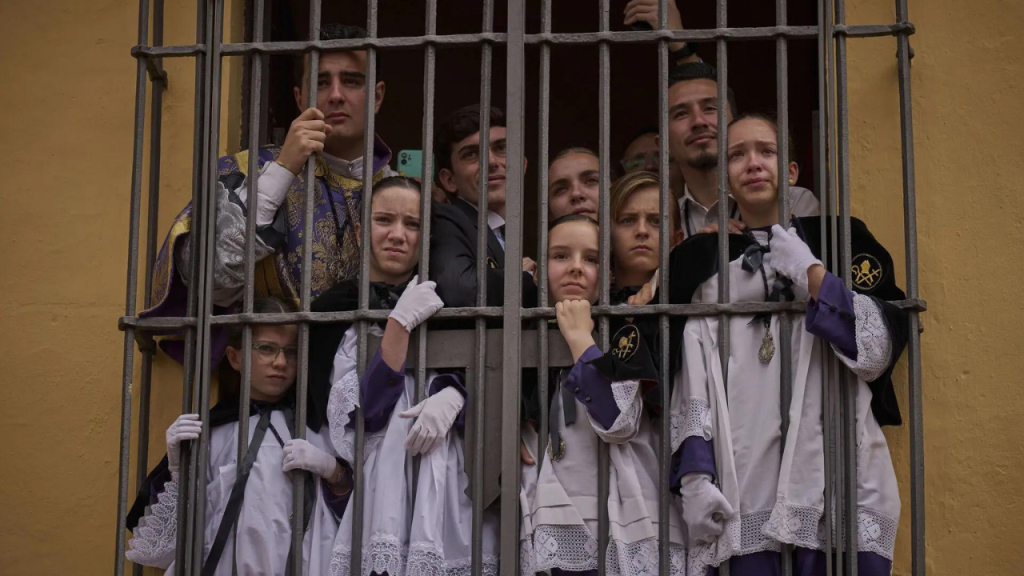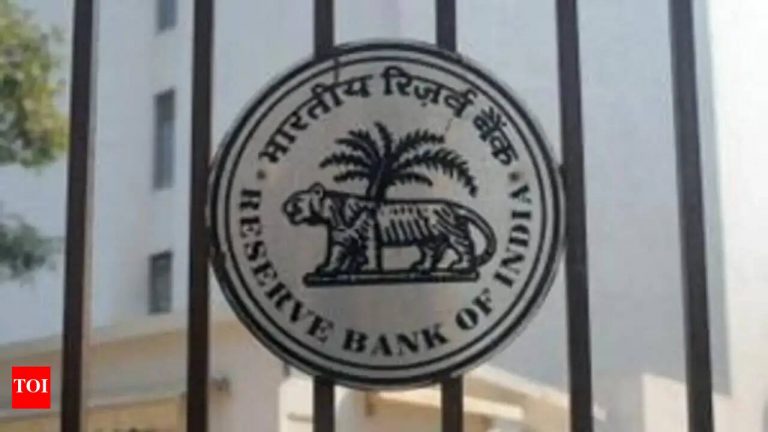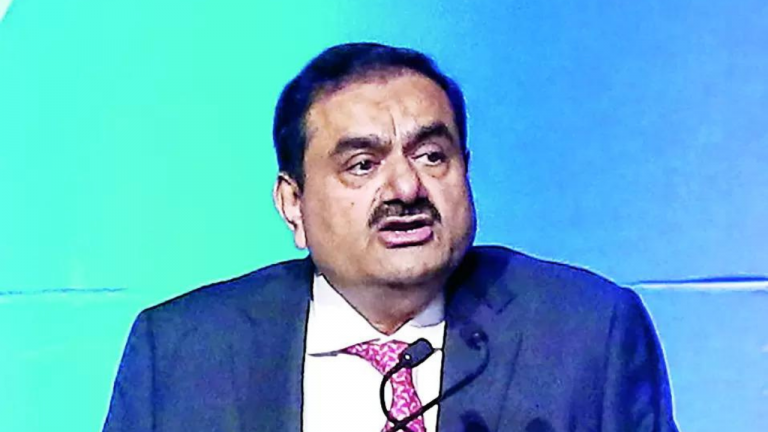The recent speculation linking papal deaths to world wars has gained popularity on social media platforms. However, it is crucial to understand that timing does not imply causality. The concept of papal deaths predicting global conflicts may seem intriguing, particularly in today’s digital age where historical facts blend with apocalyptic predictions. Nevertheless, this notion is based on the logical fallacy of post hoc ergo propter hoc—meaning, just because two events are correlated, one did not necessarily cause the other. While it is fascinating to draw connections between significant events, it is essential to approach such theories with a critical mindset. As history has shown, causality is often more complex and multifaceted than mere coincidental timing. It is imperative to analyze events based on factual evidence and logical reasoning rather than relying on superficial correlations. In conclusion, while the concept of papal deaths foreshadowing world wars may capture the imagination, it is crucial to maintain a rational perspective when interpreting historical events.

Posted in
JUST IN
“Papal Deaths and World Wars: Debunking the Causality Myth with Timing Analysis”
In Trend

Second Leak Raises Concerns in Trump Administration: Patterns of Information Breaches Not Tolerated








